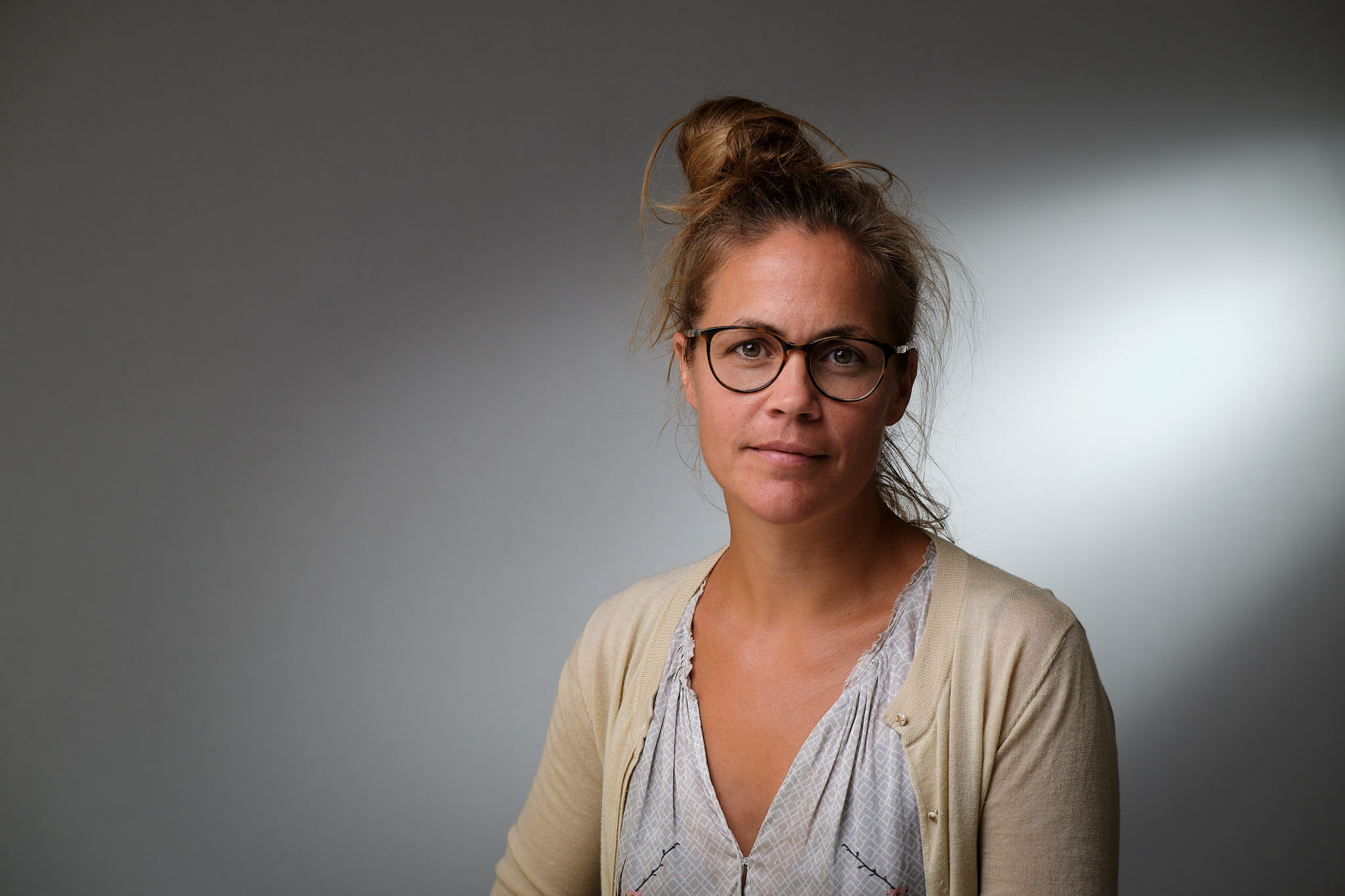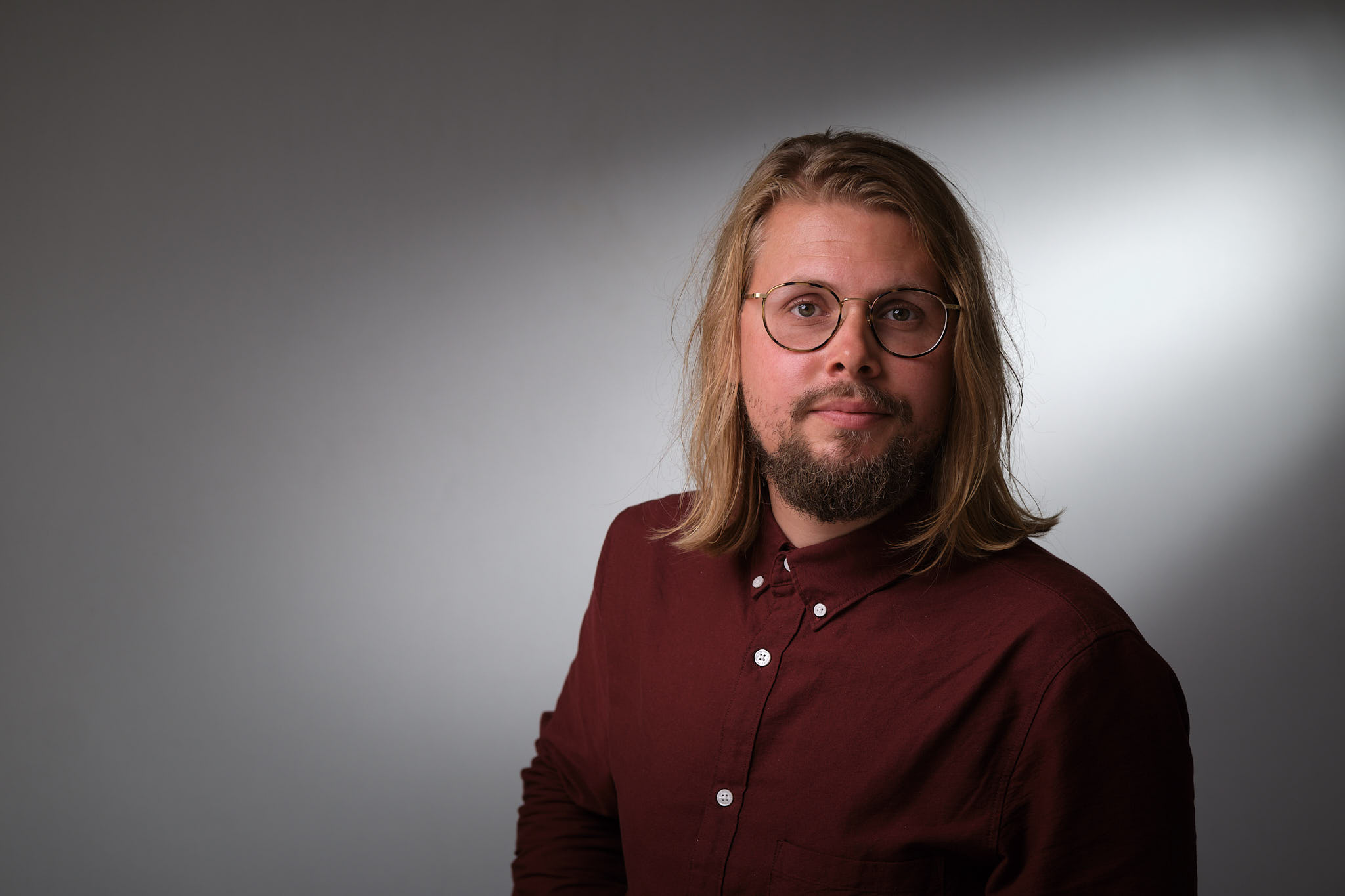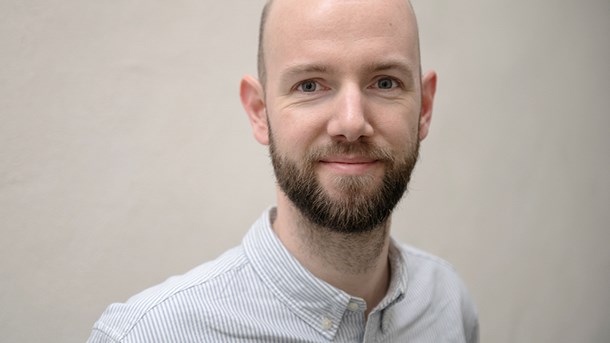Jeanet, Nikolaj, and Søren take home new grants
This fall 3 new research grants are taken home. Jeanet Bentzen will be research leader with a Sapere Aude grant investigating whether differences in religiosity can explain an important part of global economic inequalities. Nikolaj Harmon will answer the question How do job seekers apply for jobs and can we help them do better? With a Research project II from DFF, and Søren Hove Ravn will develop an International Heterogeneous-Agent New Keynesian model, I-HANK, and investigate the hypothesis that such a model can resolve the puzzle of international economic co-movement described above.
 Jeanet explains: “Why are some societies more educated, richer, or more productive? Shocking Religion will use econometric techniques on a topic that draws on religious studies. We will be the first to test whether differences in religiosity can explain an important part of global economic inequalities. We focus on religiosity, i.e. the strength of peoples’ faith, rather than their type of religion. To identify the causal impact of religiosity, we will 1) exploit natural experiments - such as earthquakes or COVID-19 - that exogenously increase religiosity for some, and 2) construct data on religiosity that varies within countries and within religious denominations. This will allow us to a) avoid comparing religiosity across different religions and countries, b) account for a rich set of confounders that also influence socioeconomic outcomes, and c) test whether the results generalize across diverse societies and religions. Combined, the knowledge gained will enhance our understanding of inequality.”
Jeanet explains: “Why are some societies more educated, richer, or more productive? Shocking Religion will use econometric techniques on a topic that draws on religious studies. We will be the first to test whether differences in religiosity can explain an important part of global economic inequalities. We focus on religiosity, i.e. the strength of peoples’ faith, rather than their type of religion. To identify the causal impact of religiosity, we will 1) exploit natural experiments - such as earthquakes or COVID-19 - that exogenously increase religiosity for some, and 2) construct data on religiosity that varies within countries and within religious denominations. This will allow us to a) avoid comparing religiosity across different religions and countries, b) account for a rich set of confounders that also influence socioeconomic outcomes, and c) test whether the results generalize across diverse societies and religions. Combined, the knowledge gained will enhance our understanding of inequality.”
 Nikolaj’s project: “Recently, there has been a growing interest in policy initiatives that attempt to combat unemployment by influencing the types of jobs job seekers apply to. A major challenge for the design of such policies is that existing empirical evidence on the job application process is very limited: Existing studies of job search are typically based either on administrative data that do not include job applications at all, or on data from online job platforms with limited coverage. In this project we will leverage a novel data source on job applications made by the universe of UI recipients in Denmark, which we will link to administrative data on the universe of firms, workers and employment relationship, and to data on posted vacancies. To inform policy, we will use these unique data to i) test existing theories on how job seekers are applying for jobs and ii) to examine whether job search outcomes could be improved by getting some job seekers direct their applications differently.”
Nikolaj’s project: “Recently, there has been a growing interest in policy initiatives that attempt to combat unemployment by influencing the types of jobs job seekers apply to. A major challenge for the design of such policies is that existing empirical evidence on the job application process is very limited: Existing studies of job search are typically based either on administrative data that do not include job applications at all, or on data from online job platforms with limited coverage. In this project we will leverage a novel data source on job applications made by the universe of UI recipients in Denmark, which we will link to administrative data on the universe of firms, workers and employment relationship, and to data on posted vacancies. To inform policy, we will use these unique data to i) test existing theories on how job seekers are applying for jobs and ii) to examine whether job search outcomes could be improved by getting some job seekers direct their applications differently.”
 Søren’s project: “Why are booms and busts in economic activity so closely connected across countries? While this question is crucial for designing economic stabilization policies, it has challenged macroeconomists for decades. Existing economic models struggle to account for the high degrees of co-movement of economic activity across industrialized countries, and thus tend to understate the importance of foreign economic developments for small open economies such as Denmark. This may lead to misguided economic policy recommendations. The last decade has witnessed a small revolution within macroeconomics, with an emerging literature studying business cycles through the lens of macroeconomic models featuring heterogeneity in income and wealth levels across households; so-called HANK models. These models feature a powerful feedback loop between unemployment risk, income inequality, and aggregate demand. My main hypothesis in this project is that a fall in exports can trigger this loop. With very few exceptions, the existing HANK literature has focused exclusively on models of closed economies. My aim of this research endeavor is to develop an International Heterogeneous-Agent New Keynesian model, I-HANK, and investigate the hypothesis that such a model can resolve the puzzle of international economic co-movement described above. As a part in this, I wish to establish an international network of young researchers.”
Søren’s project: “Why are booms and busts in economic activity so closely connected across countries? While this question is crucial for designing economic stabilization policies, it has challenged macroeconomists for decades. Existing economic models struggle to account for the high degrees of co-movement of economic activity across industrialized countries, and thus tend to understate the importance of foreign economic developments for small open economies such as Denmark. This may lead to misguided economic policy recommendations. The last decade has witnessed a small revolution within macroeconomics, with an emerging literature studying business cycles through the lens of macroeconomic models featuring heterogeneity in income and wealth levels across households; so-called HANK models. These models feature a powerful feedback loop between unemployment risk, income inequality, and aggregate demand. My main hypothesis in this project is that a fall in exports can trigger this loop. With very few exceptions, the existing HANK literature has focused exclusively on models of closed economies. My aim of this research endeavor is to develop an International Heterogeneous-Agent New Keynesian model, I-HANK, and investigate the hypothesis that such a model can resolve the puzzle of international economic co-movement described above. As a part in this, I wish to establish an international network of young researchers.”
